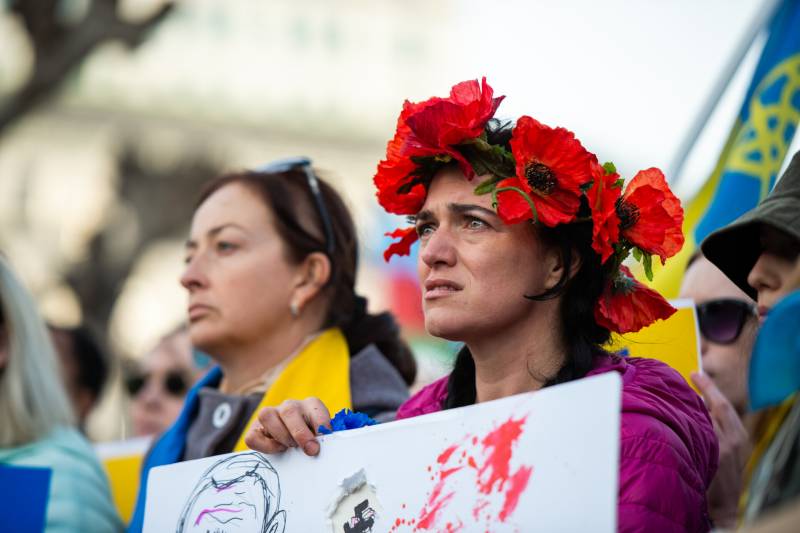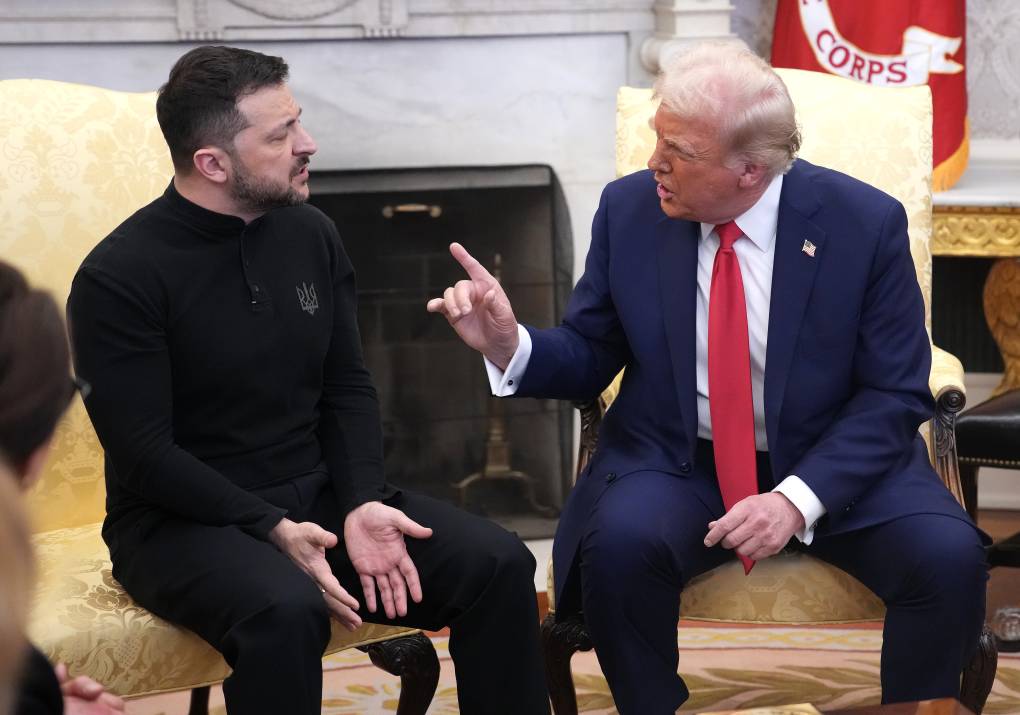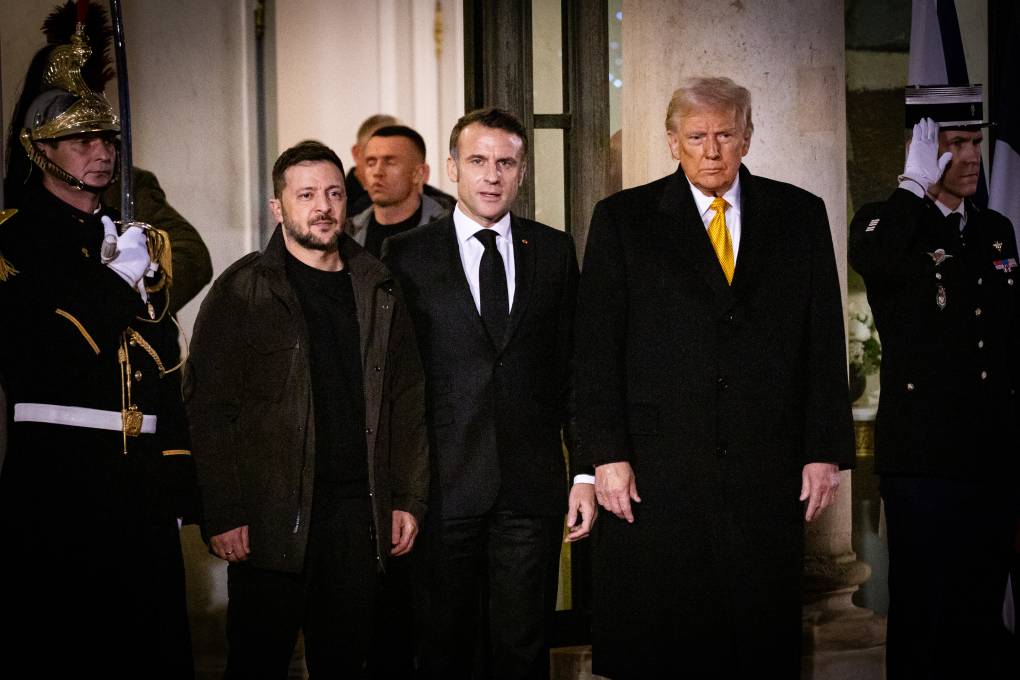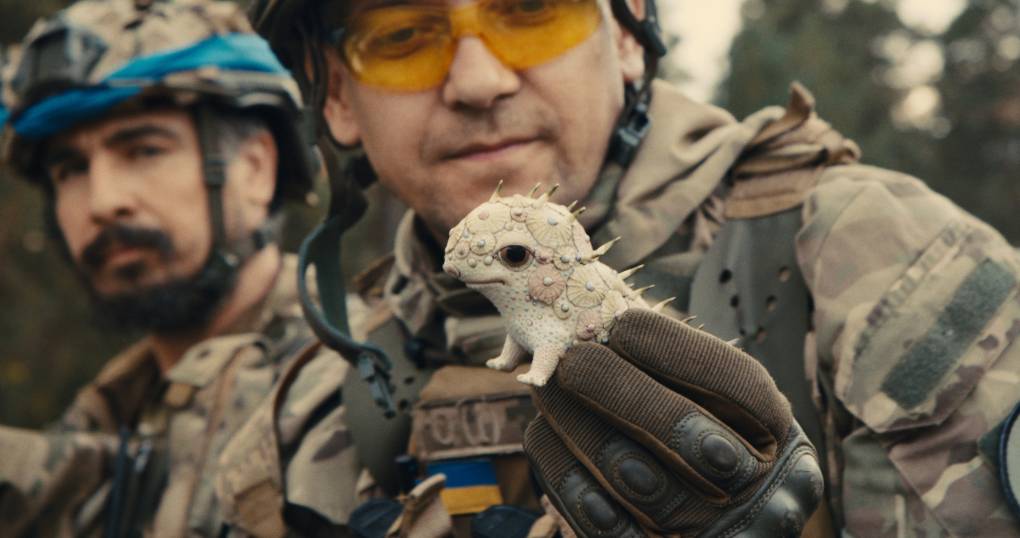As the Russian military invasion of Ukraine has unfolded, so too has a humanitarian crisis that has forced civilians to flee their homes or take refuge in bomb shelters and subway stations throughout the country.
As the world watches on TVs and smartphones, it’s a natural thought to want to help in some way.
Here is a nonexhaustive list of organizations that are asking for assistance. Donations can be made through the links to their websites or social media pages.
Nova Ukraine
Nova Ukraine, a Bay Area-based humanitarian nonprofit, has been collecting donations to help provide emergency medical training for people on the ground in Ukraine. The group also assists vulnerable populations that must relocate.
“The situation is very unstable and a lot of people are just staying put in their homes, [but] some people are being evacuated,” Ostap Korkuna, president of Nova Ukraine, told KQED. “So we’re in contact with our partners on the ground. Some of the immediate needs that we know of, and one of the fundraisers that we helped run, was to provide emergency medical training for people, especially as this Russian attack progresses. There will be injuries, there will be casualties. We need people to be prepared.”
Lifeline Ukraine
Kyiv-based Lifeline Ukraine operates a 24-hour suicide prevention and mental health support line. It was founded with the goal of serving veterans of Ukraine’s armed forces and their family members. The organization’s website says that they will not turn away anyone who needs help.
Paul Niland, Lifeline Ukraine’s founder, said it’s the first suicide prevention hotline in Ukraine.
“In addition to having over 400,000 combat veterans, we already have 1.7 million people who are internally displaced as well,” Niland told NPR. “They left the occupied territories in eastern Ukraine, in the Donbas, or they left Crimea when Russia illegally annexed that territory.”
UNICEF
UNICEF supports health, nutrition, HIV prevention, education, safe drinking water, sanitation and protection for children and families caught in the conflict in Ukraine.
“Heavy-weapons fire along the line of contact has already damaged critical water infrastructure and education facilities in recent days,” said UNICEF Executive Director Catherine M. Russell in a statement.
Médecins Sans Frontières/Doctors Without Borders
MSF runs a range of activities in Ukraine working with local volunteers, organizations, health care professionals and authorities to help people travel to health care facilities and access prescribed medications.




9(MDAxOTAwOTE4MDEyMTkxMDAzNjczZDljZA004))